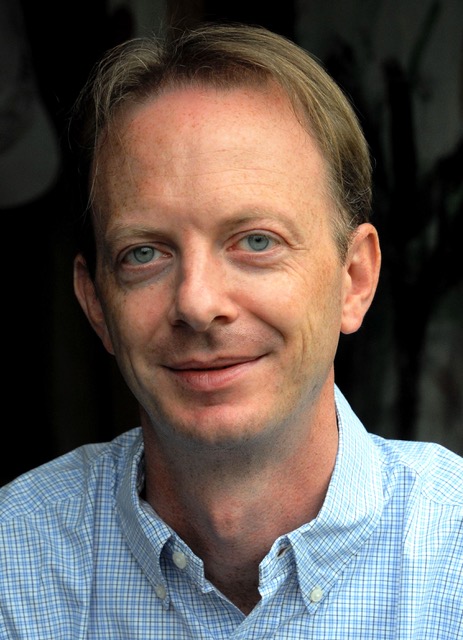Institute seminar Wednesday October 26th at 12.00 Nikolai Engedal

The next institute seminar tomorrow will be held by Nikolai Engedal, head of "Autophagy in Cancer" - a project Group" under the Eivind Hovig Group at the Department of Tumor Biology.
Title of his talk:
Mammalian ATG8 proteins and the role of autophagy in cancer formation and progression
The seminar will take place in the Auditorium in the research building at Montebello on Wednesday October 26th, and starts at 12:00.
Abstract:
Macroautophagy (hereafter referred to as autophagy) is an evolutionary conserved intracellular process defined by the sequestration of cytoplasmic material into double-membrane structures termed autophagosomes, which subsequently fuse with lysosomes for degradation and recycling of the sequestered material. Autophagy plays an important role in physiology and pathophysiology, but its role in cancer formation and progression remains poorly understood. One of the reasons for this is the widespread use of surrogate autophagy markers instead of methods that directly measure autophagic activity in cells and tissues.
The most widely used autophagy marker is LC3B, a mammalian homologue of yeast ATG8, which can be covalently attached to autophagosomal membranes and play a role in cargo recruitment. Whereas yeast only have one ATG8 gene, mammalian cells have several ATG8 homologues, segregating into the LC3 (LC3A, LC3B, LC3C) and GABARAP (GABARAP, GABARAPL1, GABARAPL2) families. It was initially suggested that both families are essential for autophagosome formation. However, by using functional, cargo-based autophagy assays, we have shown that the LC3s are dispensable for bulk autophagy, whereas the GABARAPs are required. Similar results have later been obtained by others. However, there is confusion about at which step in the autophagic pathway the GABARAPs predominantly act. We have recently performed a series of experiments that critically address this, and I will show some of our results.
The realization that autophagy can be independent of LC3s, coupled with recent demonstrations of autophagy-independent function of LC3s, challenge conclusions drawn from LC3-based assays. Even more so, we have found that bulk autophagy can go on in the absence of autophagic LC3 flux. On this basis, we are currently focusing on using LC3-independent functional autophagy methods to re-investigate the role of autophagy in cancer formation and progression. I will present some of our results from cell line work, as well as our planned approach to monitor autophagic activity in cancer patient tissue.
Links:
Home page of the Engedal "Autophagy in cancer" project group
Home page of the Hovig "Computational Cancer Genomics and Melanoma Systems Biology" research group
